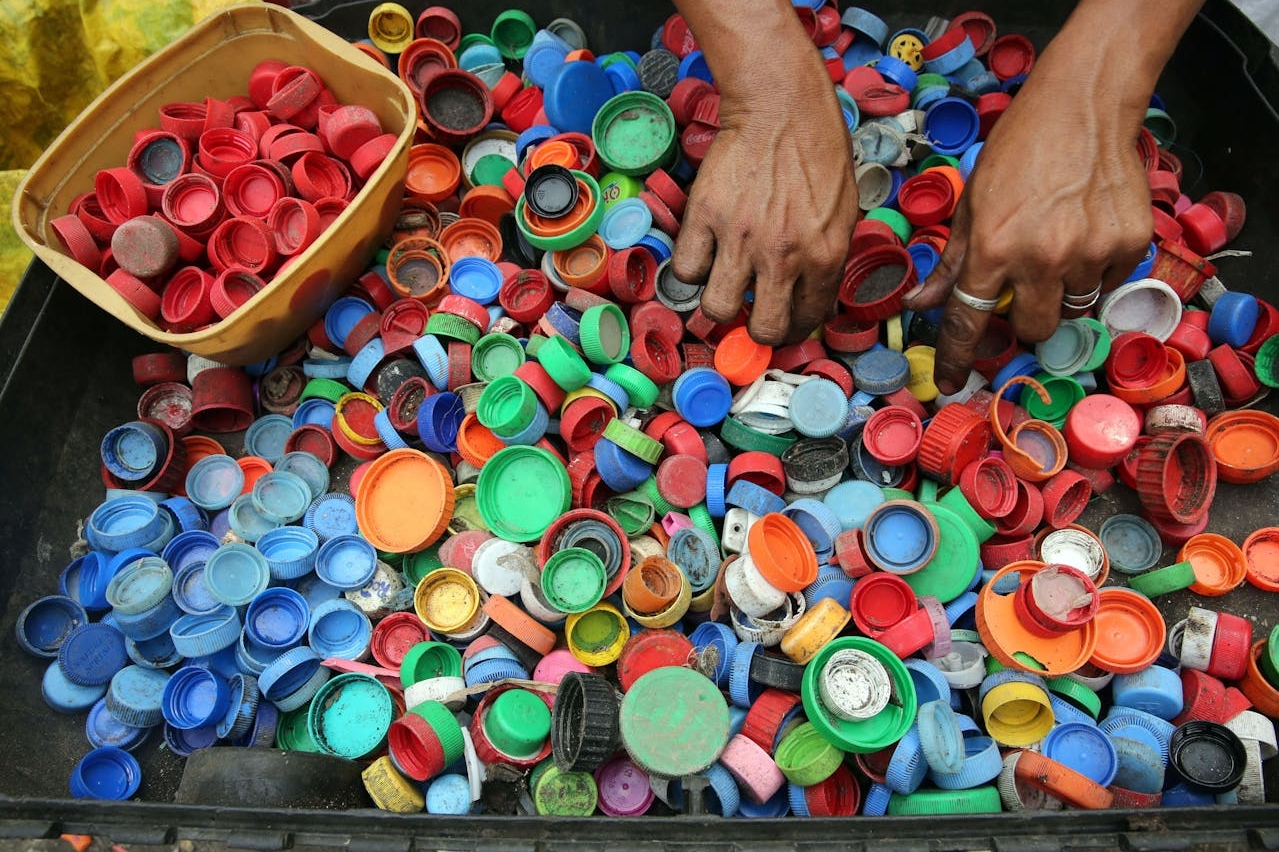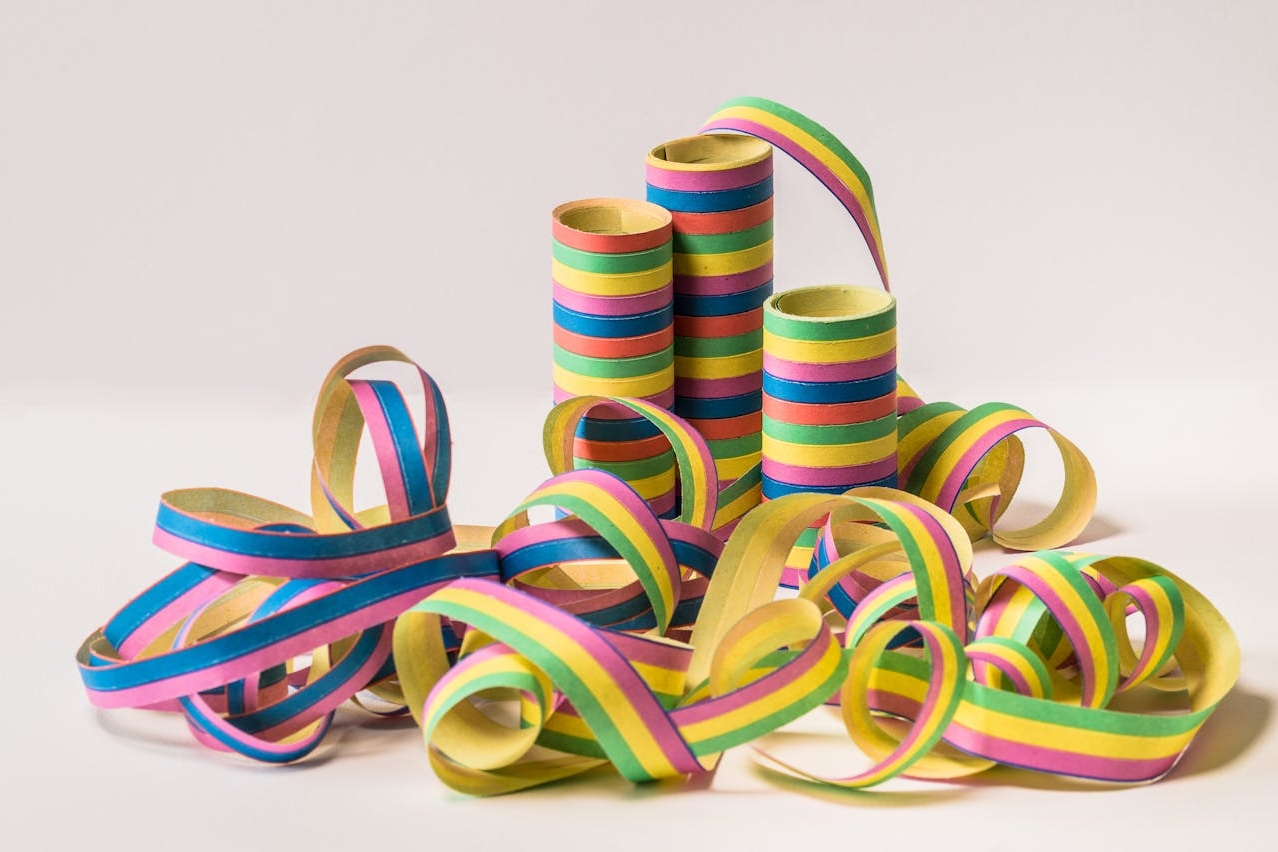In an age of heightened environmental consciousness and social responsibility, the fashion and jewelry industries are undergoing a profound transformation towards sustainability and ethical practices. India, with its rich tradition of craftsmanship and cultural heritage, is at the forefront of this movement, championing sustainable fashion and ethical jewelry production. In this blog post, we delve into India’s commitment to responsible practices in fashion and jewelry, highlighting the initiatives driving positive change in the industry.
Sustainable Fashion: India’s fashion industry is embracing sustainability across the supply chain, from sourcing raw materials to manufacturing processes and distribution. Designers are increasingly turning to eco-friendly fabrics such as organic cotton, hemp, and bamboo, which require fewer resources and have a lower environmental impact compared to conventional materials. Moreover, initiatives such as handloom revival and upcycling of textile waste are gaining momentum, promoting sustainable livelihoods for artisans and reducing textile waste.
Ethical Jewelry Production: India has a long tradition of jewelry-making, with craftsmanship passed down through generations. Today, Indian jewelers are marrying traditional techniques with modern ethical practices to create jewelry that is both beautiful and responsible. Ethical jewelry production in India prioritizes fair labor practices, transparency in supply chains, and the use of ethically sourced materials, such as conflict-free diamonds and Fairtrade gold. By adhering to these principles, Indian jewelers ensure that their creations have a positive impact on both people and the planet.
Artisanal Empowerment: Central to India’s commitment to responsible fashion and jewelry is the empowerment of artisans and craftsmen, many of whom come from rural and marginalized communities. Organizations and initiatives across India are working to provide training, support, and fair wages to artisans, enabling them to preserve traditional crafts and improve their economic prospects. By empowering artisans, India’s fashion and jewelry industry fosters sustainable livelihoods and preserves cultural heritage for future generations.
Consumer Awareness and Education: Consumer awareness and education play a crucial role in driving demand for sustainable fashion and ethical jewelry. Indian brands and organizations are actively engaging with consumers to raise awareness about the social and environmental impacts of their purchasing decisions. Through campaigns, workshops, and educational initiatives, they encourage consumers to make informed choices and support brands that prioritize sustainability and ethical practices. By empowering consumers with knowledge, India’s fashion and jewelry industry catalyzes positive change throughout the supply chain.
Global Collaboration and Partnerships: India’s commitment to responsible practices in fashion and jewelry extends beyond its borders through global collaboration and partnerships. Indian designers and brands collaborate with international organizations, fashion houses, and NGOs to promote sustainable fashion and ethical jewelry production on a global scale. These collaborations facilitate knowledge exchange, capacity-building, and collective action towards a more sustainable and ethical fashion industry worldwide.
Conclusion: India’s fashion and jewelry industries are leading the way towards a more sustainable and ethical future, driven by a commitment to responsible practices and cultural preservation. Through sustainable fashion, ethical jewelry production, artisanal empowerment, consumer education, and global collaboration, India is redefining the standards of beauty and elegance in the fashion and jewelry world. As consumers increasingly prioritize sustainability and ethics in their purchasing decisions, India’s leadership in responsible practices sets a precedent for the industry at large, inspiring positive change and shaping a more sustainable and equitable future for all.




